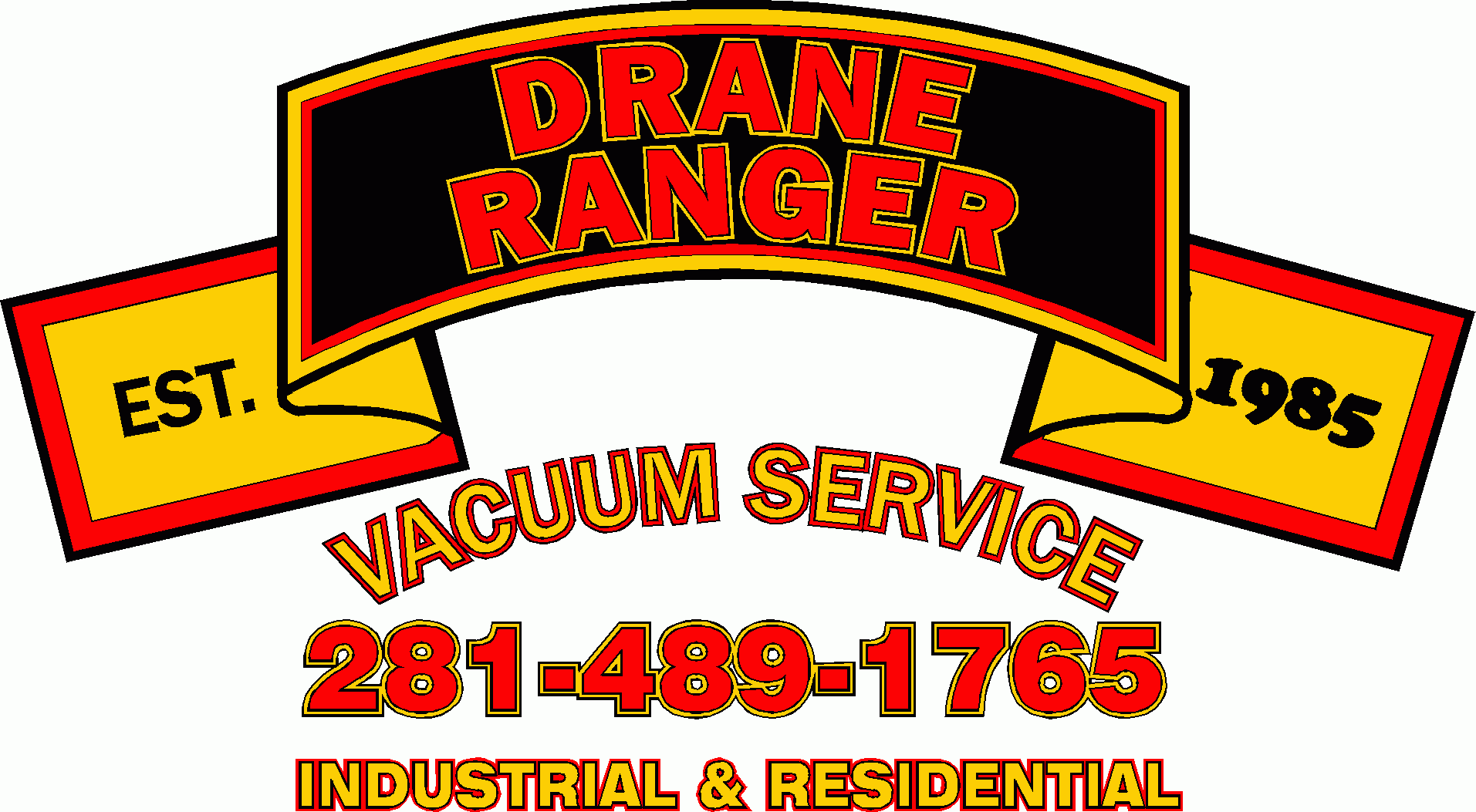When managing a car wash or dealership, one critical component that can significantly impact both your operation and the environment is the grit trap. Grit traps play an essential role in preventing dirt, sand, and other solid waste from entering municipal sewer systems, thus protecting both your facility and public health. But with various types of grit traps available, it can be challenging to choose the right one for your business. At Drane Ranger, we specialize in grit trap cleaning in Houston, and we’re here to help you understand which grit trap best fits your needs.
What is a Grit Trap?
A grit trap is a specialized device used at facilities where large amounts of sediment, like sand and dirt, mix with wastewater, particularly in car washes and dealerships. These traps are designed to separate and collect solid particles from the water, preventing them from clogging or damaging the sewer system. Effective grit trap cleaning in Houston ensures that these systems continue to function correctly, safeguarding your operations and compliance with local regulations.
Types of Grit Traps
Horizontal Flow Grit Traps
Horizontal flow grit traps are the most common type used in facilities where space and budget are significant considerations. They work by slowing down the water flow in a horizontal tank, allowing solids to settle at the bottom while cleaner water exits the system. These are effective and economical but require regular maintenance to prevent clogging and ensure efficiency.
Vertical Grit Traps
Vertical grit traps use gravity in a vertical cylinder to separate solids from water. These traps are beneficial for facilities with limited horizontal space. They tend to be more efficient at removing finer particles compared to horizontal types and can operate at higher flow rates, making them suitable for high-volume businesses.
Aerated Grit Chambers
Aerated grit chambers are advanced systems that introduce air into the water to enhance the separation process. The aeration creates a spiral flow pattern, which helps to separate more lightweight organic material from heavier inorganic solids like sand and grit. These systems are particularly effective in areas with significant organic debris and are commonly used in larger or industrial-scale operations.
Choosing the Right Grit Trap for Your Facility
Selecting the appropriate grit trap depends on several factors, including the volume of waste your facility generates, space availability, maintenance capabilities, and budget. For smaller or lower-volume businesses, a horizontal flow grit trap might suffice. In contrast, facilities with larger volumes or limited space might benefit from vertical grit traps or aerated chambers.
At Drane Ranger, we provide comprehensive grit trap cleaning services in Houston and surrounding areas, ensuring that whichever system you choose, it remains effective and compliant with local regulations. Regular maintenance is crucial, as neglected grit traps can lead to severe issues, including environmental hazards and costly repairs.
The Importance of Professional Grit Trap Cleaning
Regular and professional cleaning of your grit trap is not just a regulatory requirement—it’s a critical maintenance task that protects your facility’s operational integrity and environmental compliance. Drane Ranger offers expert grit trap cleaning in Houston, tailored to your business’s specific needs. Our skilled technicians ensure that your grit trap systems function optimally, preventing any potential overflow or blockages that could lead to environmental fines and disruptions to your operations.
Choosing the right grit trap and maintaining it can seem daunting, but you don’t have to navigate it alone. Drane Ranger is dedicated to providing top-notch grit trap cleaning in Houston. We are committed to helping you select, maintain, and clean your grit trap system. Contact us today to discuss how we can assist you in keeping your operations smooth and compliant with local standards. Let us take care of your grit trap needs, so you can focus on running your business effectively. Click here to learn how to choose the right grit trap cleaning company.
